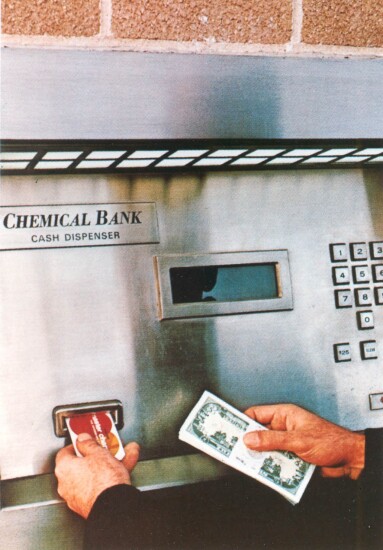
The first automatic teller machine (ATM) in the U.S. was
installed at a Chemical Bank branch in Rockville Centre,
New York, on September 2, 1969, a date that revolutionized
the banking industry by allowing customers to withdraw cash
outside of traditional banking hours.
Developed by Don Wetzel and his company Docutel, this
machine was initially a cash dispenser, with more complex
features like deposits and account balance information added
to later models in 1971.















